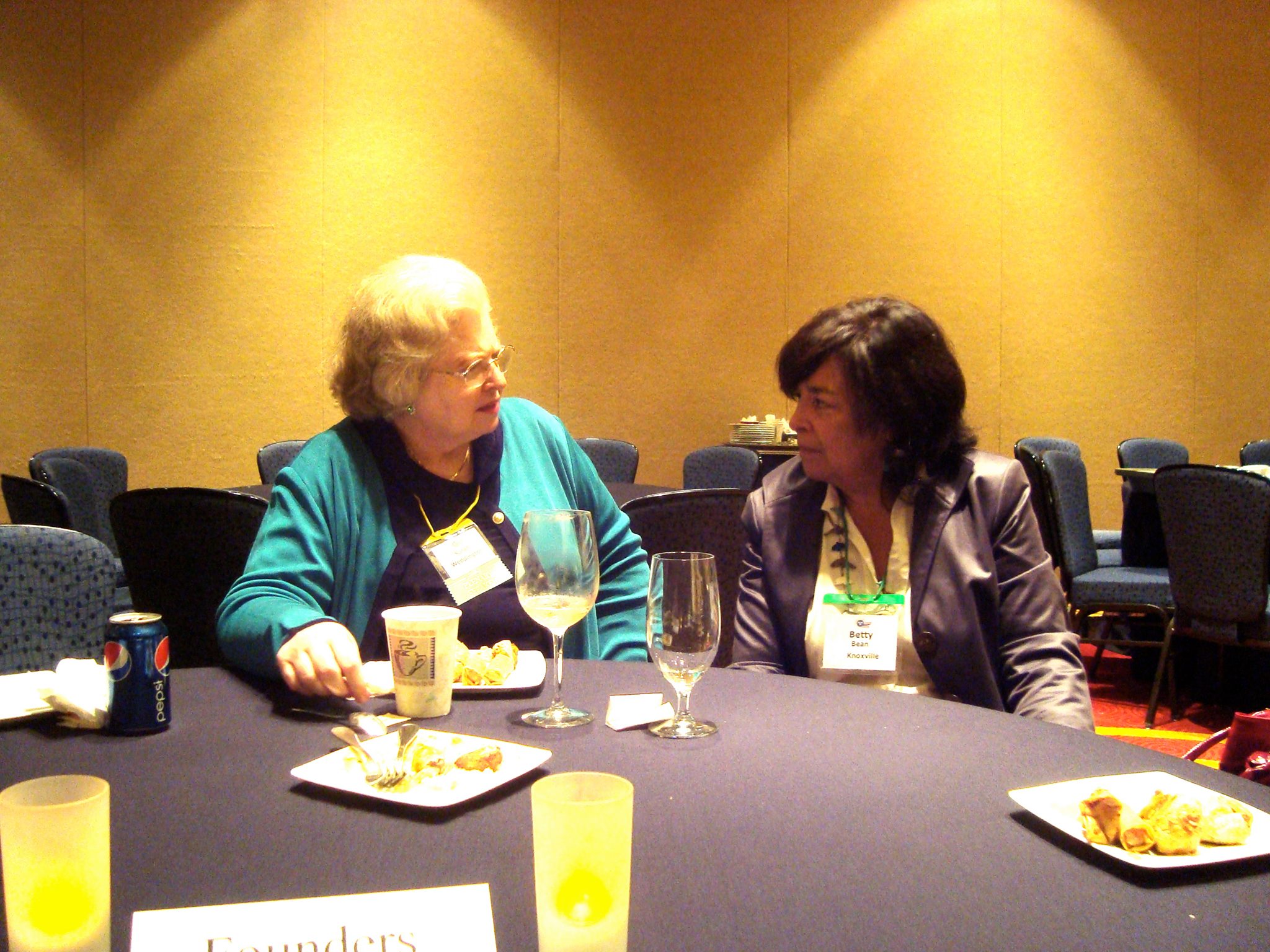The availability of legal abortion used to vary from state to state and didn’t come to Tennessee until the U.S. Supreme Court decision Roe v. Wade in 1973. But that doesn’t mean that there were no abortions going on. Most teenaged girls and young women knew about the doctor downtown who had an active abortion practice on the side.
Although his services were safe and professionally delivered, most couldn’t afford them, and not everyone wanted them. Some girls got married and had their babies, often quitting school. (Visibly pregnant students were not allowed in those days). A girl at my school dropped out of sight altogether and was said to have been sent out West somewhere to have her baby, which was probably given up for adoption. Another girl died mysteriously and was said to have killed herself rather than tell her parents she was knocked up. Girls swapped stories about quinine and coat hangers, and a few were desperate enough to try these methods.
Horror stories abounded, but it was just the way it was, and abortion wasn’t seen through a political lens by most of us. We didn’t dream things could ever change.
On a family visit to my mother’s home in San Juan in 1972, she pointed out a forbidding-looking medical building behind a wrought-iron fence where rich women from the mainland came to end unwanted pregnancies. Everyone knew what went on there, but it was just another something that money could buy.
In recent years, I’ve had the opportunity to spend time with Sarah Weddington, the Texas lawyer who successfully argued Roe v. Wade before the U.S. Supreme Court. (She was 26 when she presented her case and remains the youngest lawyer ever to win a case there). The second time I saw her was in 2015, when Betty Reddick brought her here to speak at the Women of Faith luncheon. She expressed disbelief and disappointment that Roe’s protections were being chipped away and that the battle might have to be fought all over again.
That’s because she, like most moderate-to-progressive citizens, was interested in a multitude of issues and didn’t foresee the single-minded zeal of abortion opponents and the ruthlessness of those who exploit them.
Exploiters range from a president who paid hush money to a porn star to a member of Congress who pressured a girlfriend to get an abortion to a Tennessee legislator who admitted to sex with underaged girls. These men are Republicans; each elected on a pro-life platform. All hold office today.
For the past several decades, abortion-rights opponents have become one-issue voters, willing to ignore the flaws and shortcomings of their champions as long as they help in the fight to reverse Roe v. Wade.
Now, with new members on the U.S. Supreme Court, the threat to Roe is real. Perhaps those who don’t want to go back to the days of coat hangers and quinine better think about doing the same.

